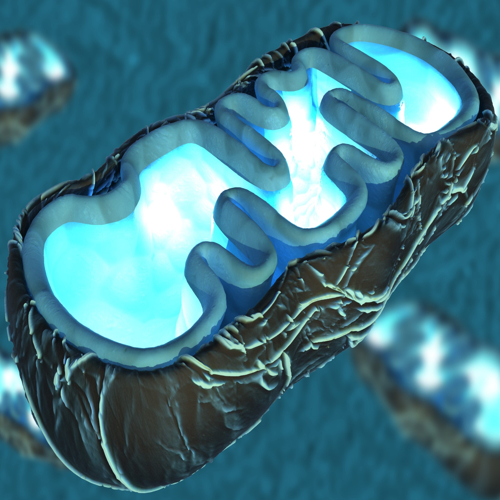Key points from article :
An enzyme called VRK-1 can extend lifespan in roundworms.
Genetically engineered worms that over-expressed VRK-1 lived longer than control.
Control worms lived about 16.9 days but worms with elevated levels of VRK-1 lived 20.8 days.
When VRK-1 was inhibited - worms tended to die sooner.
VRK-1 acts by activating "a key cellular energy sensor and anti-aging protein" called AMPK.
This enzyme is found in worms but also has a close relative in human cells.
Pattern of AMPK activation was held up in the cultured human cells.
"Activation of AMPK by VRK-1 occurs in human cells & the roundworm C. elegans," says Prof Lee.
The next step will be finding out how it can be harnessed for longer life.
Research by Pohang University of Science and Technology published in Science Advances.





